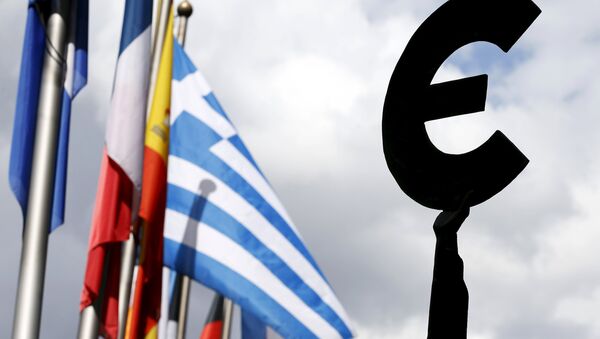"After the June 5 parliament debates, it became clear that Greece could not accept the proposals of the creditors in full. No party in the parliament has said or even suggested that the whole text of the agreement proposed by the creditors could be accepted," the representative of the government told reporters.
On Wednesday, two of Greece's major creditors, the International Monetary Fund (IMF) and the European Commission introduced a five-page document which put forward additional requirements for the Greek reforms which were necessary to get more international funding.
The requirements included areduction of pension benefits, an increase in the value added tax, the privatization of some state companies and no unilateral decisions in the area of labor market reform.
On Monday, Athens officially presented its "realistic and viable" proposals to the creditors, the representative said, adding Greece was looking forward to hearing the creditors’ response and was ready for more efforts to reach "convergence on the political level."
Greece was particularly hard-hit by the aftereffects of the 2008 economic crisis, quickly going into a multibillion debt by accepting large loans offered by the international lenders. To date, the country’s national debt is estimated at some $350 billion.



